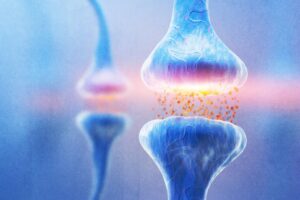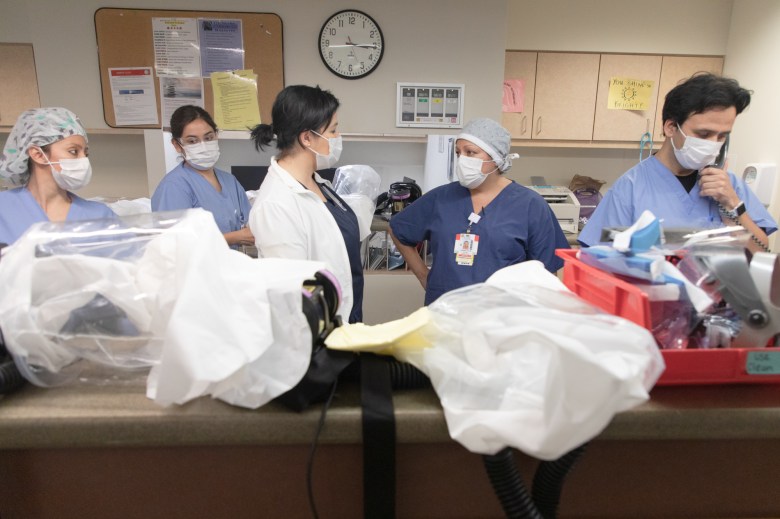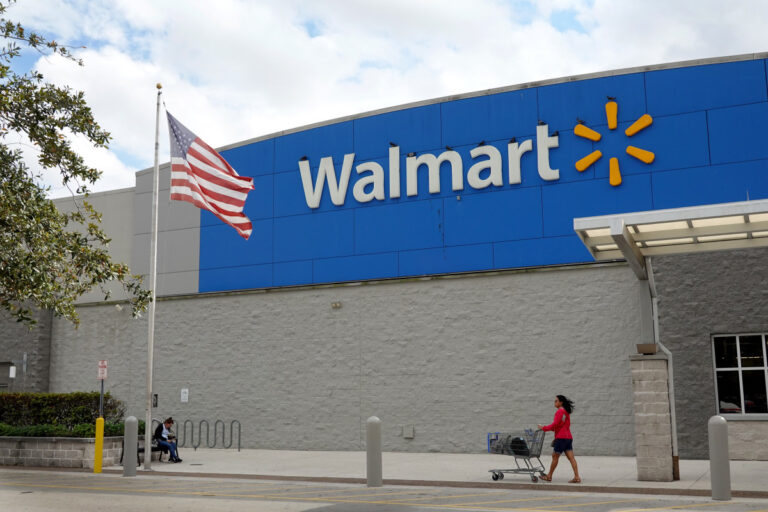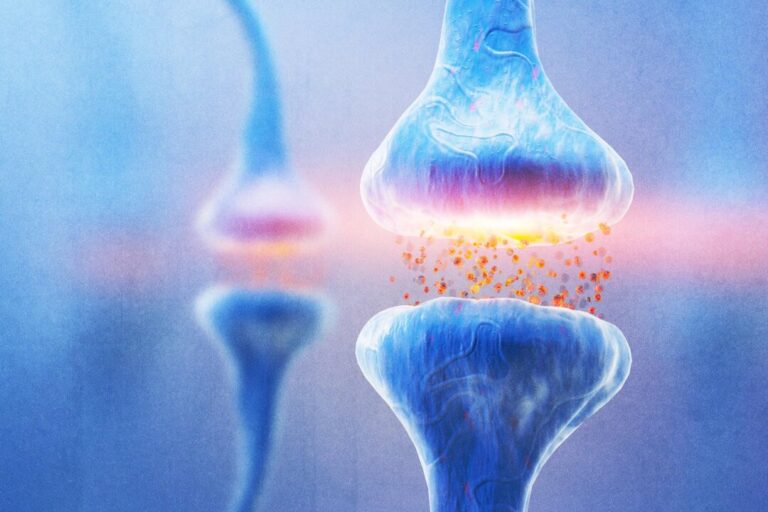In a significant move for labor rights within the healthcare sector, forty medical office workers at Sharp Healthcare have voted unanimously to join SEIU-United Healthcare Workers West, it was announced on Tuesday. This decision follows a mail-in election conducted from June 9 to June 30, marking a pivotal moment for these workers amid recent job cuts by the healthcare system.
The newly unionized workers are stationed across six offices known as SharpCare, located in Coronado, Chula Vista, La Mesa, San Diego, Santee, and Spring Valley. They now join a larger group of 6,000 Sharp employees in the region who are part of the union, including over 650 who joined earlier this year. SEIU-UHW represents a substantial force of 120,000 healthcare workers across California.
Unionization for Better Patient Care and Worker Stability
Sharmaine Figueroa, a medical administrative assistant at SharpCare Coronado, expressed the collective sentiment driving the unionization effort. “We voted to unionize for the same reason so many other healthcare workers across San Diego have – to provide better care for our patients and a better life for our families,” she stated. “Now we have a voice to improve patient care. Now we’ll be able to provide our loved ones a better, more stable future.”
The move to unionize aligns with broader trends in the healthcare industry, where workers seek to secure better working conditions and benefits. The workers who joined the union on Tuesday are part of a larger movement within Sharp, including those at Sharp Metropolitan Campus, Sharp Chula Vista Medical Center, Sharp Grossmont Hospital, and Sharp HospiceCare, who successfully bargained for a contract last November. This contract promises pay increases of up to 34% over three years.
Impact of Recent Job Cuts at Sharp Healthcare
The unionization announcement comes on the heels of Sharp Healthcare’s decision to cut 315 positions, a move attributed to changing economic conditions over the past five years. According to a statement from the company, these cuts represent about 1.5% of Sharp’s workforce, affecting primarily non-clinical positions, thus minimizing the impact on direct patient care.
Sharp CEO Chris Howard emphasized the difficulty of the decision, stating, “Our employees are the heart of our organization, and we value each and every one of them. We do not make these decisions lightly nor without compassion for those impacted, and we are committed to supporting those affected during this challenging transition with career transition support, severance packages, extended health care coverage, and other resources.”
“The daunting financial headwinds health care systems nationwide have been facing are not letting up,” said Brett McClain, Sharp HealthCare’s Chief Operating Officer.
Financial Pressures and Industry Trends
The financial pressures cited by Sharp are not unique to their system. Last week, UC San Diego Health announced a reduction of 230 positions, citing similar financial challenges. These include federal impacts on healthcare, regulatory uncertainties, and rising costs of care, compounded by reimbursement rates from Medicare, Medicaid, and insurers that fail to keep pace with the true cost of care.
Sharp’s leadership has taken steps to share the financial burden, with senior executives reducing their compensation by 15%, and CEO Chris Howard taking a 25% cut. These measures reflect the broader challenges faced by healthcare systems nationwide, as they navigate increasing labor costs and state-mandated requirements.
Looking Ahead: Implications for Healthcare Workers
The unionization of Sharp Healthcare workers is emblematic of a broader movement within the healthcare industry, where workers are increasingly seeking to secure better working conditions and compensation. Alicia Bradley, an anesthesia technician at Sharp Mary Birch Hospital, noted, “We’re not stopping at Sharp. I know healthcare workers at other facilities in San Diego. They’ve seen how much our new contract improves things for patients, workers, and this whole community, and they’re ready to join us in SEIU-UHW.”
As healthcare systems continue to face financial pressures, the actions of Sharp workers may serve as a catalyst for similar efforts across the region and beyond. The implications for patient care and worker stability remain significant, with the potential for improved conditions and outcomes as more workers join the union movement.
The coming months will likely see further developments as healthcare workers across California and the nation assess their options and consider unionization as a viable path forward for securing their futures.























